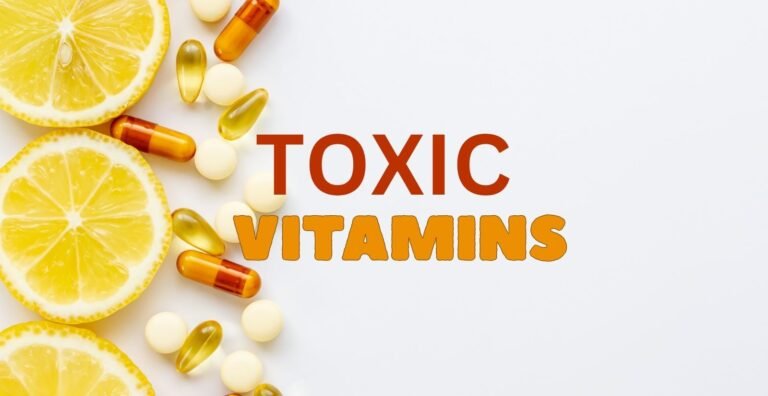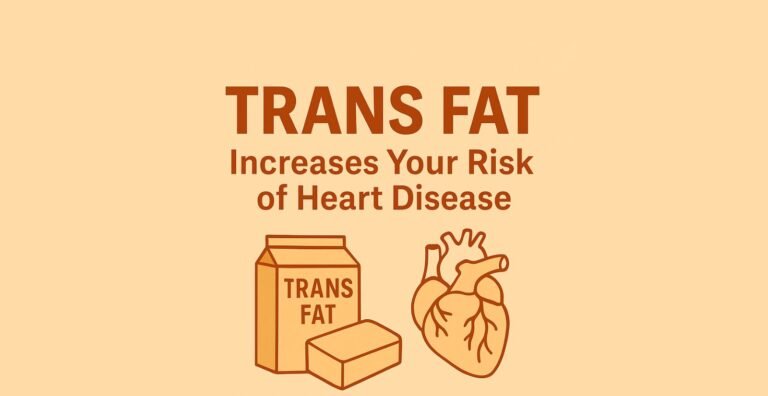Top Health & Wellness Product Reviews with Exclusive Sale Prices!
From Stress Relief to Strong Bones: The Benefits of Magnesium

Magnesium is a vital mineral that plays a crucial role in over 300 biochemical reactions in the body. From supporting muscle and nerve function to maintaining a healthy immune system, magnesium is a nutrient you don’t want to overlook. In this blog post, we’ll delve into the benefits of magnesium, the best dietary sources, and tips for ensuring you’re getting enough of this essential mineral.
Why Magnesium Matters
Magnesium is often referred to as the “miracle mineral” because of its numerous health benefits. It is involved in energy production, DNA synthesis, and the regulation of blood sugar levels. Here are some key reasons why magnesium is essential:
- Supports Muscle and Nerve Function: Magnesium plays a critical role in muscle contraction and relaxation. It helps transmit nerve impulses, which are essential for muscle movement and coordination.
- Boosts Bone Health: About 60% of the body’s magnesium is stored in the bones. Adequate magnesium intake is linked to improved bone density and a lower risk of osteoporosis.
- Maintains Heart Health: Magnesium helps regulate heart rhythm and prevent abnormal heartbeats. It also supports healthy blood pressure levels and reduces the risk of cardiovascular diseases.
- Aids in Digestion: Magnesium is essential for proper digestion and helps prevent constipation by relaxing the intestinal muscles.
- Reduces Stress and Anxiety: Magnesium plays a role in the production of neurotransmitters that regulate mood and stress levels. Adequate magnesium can help alleviate symptoms of anxiety and depression.
Top Magnesium-Rich Foods
Incorporating magnesium-rich foods into your diet is an effective way to ensure you’re meeting your daily requirements. Here are some of the best dietary sources of magnesium:
- Nuts and Seeds: Almonds, cashews, pumpkin seeds, and chia seeds are excellent sources of magnesium. Snack on a handful of these nuts and seeds for a quick magnesium boost.
- Legumes: Black beans, edamame, and lentils are rich in magnesium. Add them to your salads, soups, and stews for a nutritious meal.
- Whole Grains: Quinoa, brown rice, and shredded wheat are good options. These whole grains are not only high in magnesium but also provide fiber and other essential nutrients.
- Leafy Greens: Spinach, Swiss chard, and kale are packed with magnesium. Incorporate these greens into your smoothies, salads, and side dishes.
- Fruits: Bananas and avocados contain significant amounts of magnesium. Enjoy these fruits as a snack or add them to your breakfast bowl.
- Dark Chocolate: A delicious treat that’s also high in magnesium. Opt for dark chocolate with at least 70% cocoa content for the best benefits.
- Fatty Fish: Salmon and mackerel are great sources of magnesium. These fish are also rich in omega-3 fatty acids, which support heart health.
Magnesium Supplements: Do You Need Them?
While it’s always best to get your nutrients from whole foods, some people may benefit from magnesium supplements. If you have certain health conditions, such as gastrointestinal diseases or type 2 diabetes, you may be at a higher risk of magnesium deficiency. It’s important to consult with a healthcare professional before starting any supplement regimen.
How to Boost Magnesium Absorption
Ensuring your body absorbs magnesium efficiently is just as important as consuming enough of it. Here are some tips to enhance magnesium absorption:
- Balance Your Calcium Intake: High levels of calcium can interfere with magnesium absorption. Aim for a balanced intake of both minerals.
- Stay Hydrated: Dehydration can hinder magnesium absorption. Drink plenty of water throughout the day to stay hydrated.
- Limit Alcohol and Caffeine: Excessive alcohol and caffeine consumption can deplete magnesium levels. Moderate your intake of these beverages.
- Include Prebiotics: Foods rich in prebiotics, such as garlic, onions, and bananas, can improve gut health and enhance magnesium absorption.
Conclusion
Magnesium is a powerhouse mineral that supports numerous bodily functions and promotes overall health. By incorporating magnesium-rich foods into your diet and following the tips mentioned above, you can ensure you’re getting enough of this essential nutrient. Remember, a balanced diet and healthy lifestyle are key to maintaining optimal magnesium levels.
For personalized advice on magnesium supplementation, consult with a healthcare professional. And don’t forget to check out our other blog posts for more health and wellness tips!







